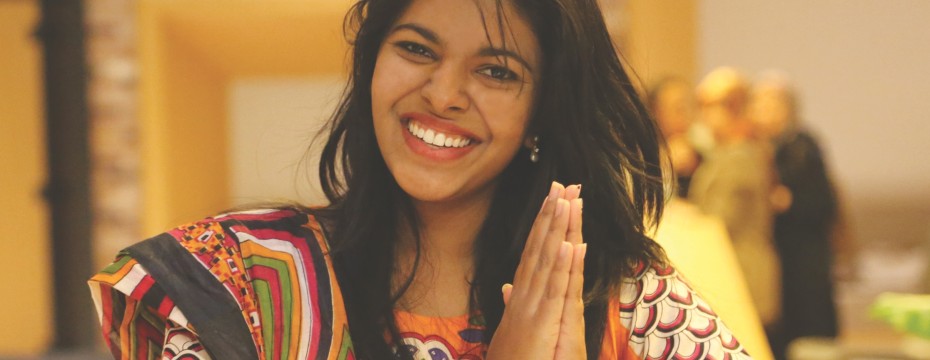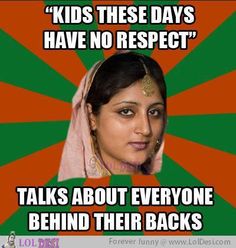Nuances of my culture keep me rooted

“Wow, your mom’s hair is such a cool color, how’d she do that!” a friend exclaimed in awe of the once grey, now brilliant red -henna colored hair, weaving through my mom’s head.
Although using henna to color gray hair is incredibly common in India, it is a foreign concept to most Americans. Growing up, I’d get asked many questions like this, and as their inquisitiveness of these sorts grew, so did the pride I have for my culture.
I absolutely loved explaining what exactly everything in my culture meant. I loved explaining how curry isn’t just a store-bought powder that is sprinkled on grilled chicken to make it taste better. I loved explaining how intensely sweet and pure a mango tasted when I visited India during summer. I loved explaining how it was nothing like the bitter, pale orange colored fruit that stores pass off as a “mango” in the United States. I loved explaining how all my answers to their questions are what make up a huge part of my identity – my being Indian.
Each year of school, a class assignment required us to get into groups and do a project on a culture of our choice. Every single time, my group mates would jump at the opportunity to learn about India, so it was more often than not, the topic of choice. My group mates and I would meet at my house and my mom and I would answer questions they would have for us.
It was thrilling to see how enthralled they felt about the Indian culture. They longed to know what the dot on my forehead meant; what the meaning of “Amma” was when I would call my mom, how an arranged marriage works and so on.
Even now, as a college student, new people I meet comment on how they love the caramel color of my skin and ask me where I am from. They ask me to “say something in Indian”. After blowing their mind by telling them there are a hundred languages spoken in India, none of which are called “Indian”, I proceed to teach them simple words in Telugu. With every question they ask, I swell with pride answering them, knowing that such an amazing culture is mine, to share.
Since the United States is widely known as a “melting pot” of cultures, rarely does someone know what exactly their ethnicity is. I think that contributes to the thirst for knowledge they have about mine. As I explain to my peers, it makes me feel unique that my culture is so diverse from my friends, and I feel happy that I have something so special to share. Not only do I think it’s important to take pride and share my culture, but I don’t think I would have half the morals I have now if it weren’t for my Indian upbringing at home. For example, Indian culture is very family-oriented, and my parents have followed that closely. I observe my friends’ family dynamics, and see that they don’t have most of the values cherished in my household. They talk back to their parents, openly curse around them, and aren’t as focused on the concept of family as I am.
I sometimes reflect on the differences between my family and theirs. And I fear that if I weren’t brought up with the common Indian values that my parents believed in, my family wouldn’t be united, the way it is.
Sure, I am considered pretty “Americanized”, but that’s the beauty of it. I am assimilated to both my Indian heritage, and the American culture in which I grew up. Half of my identity is Indian, and I am elated I have such an intrinsic culture that I can celebrate with my family and friends. It comprises a huge chunk of who I am: a college student, a daughter, a sister, and a proud Indian-American.
Living in America amongst my friends who know nothing about their culture, I learnt the importance of remembering where I come from. I find myself very rooted in Indian culture which makes it easy for me share its nuances with people. Far from being confused, I am proud to be a complete bi-product of India and America!





